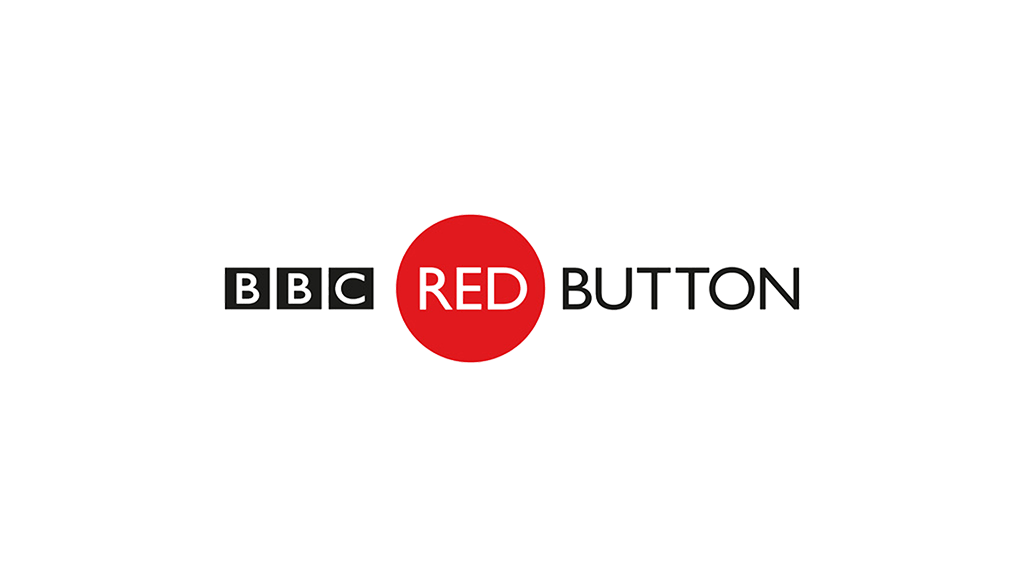The BBC has pressed pause on plans to switch off its red button news, sport, weather and information text service on television. It follows protests from viewers, including a petition from 155 organisations that said it provides a vital public service. The BBC is cutting 450 journalist jobs to save money, while investing in online apps, but it may have underestimated the importance of its relatively simple television text service.
The BBC red button text service offers a range of text information, accessible through the red button on television remote controls when watching a BBC channel. It is used by people who may not have access to other services through the internet, or who simply want to catch up with the latest headlines through their television. That includes elderly and disabled viewers who may have difficulties with other technologies.
The text service was introduced with the launch of digital television at the end of the last century, as the successor to teletext services that the BBC introduced with Ceefax in 1974. As a broadcast service, it does not require an internet connection.
The digital text service changed little after 2004, when it added page numbers to the navigation, a throwback to the teletext system it was intended to replace. The service was rebranded BBC Red Button in late 2008.
In a submission to the communications regulator Ofcom in September 2014, the BBC said its Red Button services “provide prominent access to public service interactive TV and on-demand content, which might not otherwise be easily discovered.” It said: “They are vital to the delivery of the BBC’s public purposes.”
The BBC submitted that over 4 million users of the BBC Red Button broadcast service did not use any other BBC Online content, while over 2.5 million BBC Red Button users did not use any internet at all. “A large number of households would therefore be excluded entirely from enhanced TV services if these were not offered on the main screen.”
The BBC Red Button was still being used by 15.5 million adults a week in 2015 but the BBC gave it little attention, being more pre-occupied with promoting online services and mobile apps.

In September 2019 the BBC announced that it would close the service at the end of January 2020 to save money. It encouraged people to use the BBC web site, news, sport and weather mobile apps and the 24-hour BBC News channel instead. The red button would continue to be used to access multiscreen services, such as showing different tennis matches at Wimbledon, and to promote the BBC iPlayer.
The BBC is cutting 450 journalist jobs as part of a plan to cut costs and modernise its news output. Meanwhile, it is investing in new digital services, including special podcasts for its BBC Sounds app, in an attempt to remain relevant to younger audiences. BBC Sounds reached around 3 million people in the last quarter of 2019, including around half a million users aged 16-34.
However, the BBC may have underestimated the importance of the basic provision of text services through the television, particularly for those that find it difficult to use other technologies.
The campaign to keep the red button service was championed by Damian Collins MP. The Conservative MP met with representatives of organisations, who delivered a petition to Downing Street. He wrote on their behalf to the director general of the BBC, saying that it provided a vital service for the disabled, the elderly and the isolated.
He asked for a delay on any decision about the future of the red button text service until he could meet to discuss the impact it would have on their lives and the BBC had published an Equality Impact Assessment under the Equality Act, justifying its policy.
In a letter in response, Lord Tony Hall said the BBC would suspend closure of the service. He said the BBC would listen carefully with an open mind to understand more about the impact of the closure, especially on the elderly and people with disabilities. The BBC would then make a fresh decision in the Spring.
The director general had previously announced that he would stand down in the Summer to enable a successor to lead the BBC through the mid-term review of its charter in early 2022.
At a time that the BBC and its future funding is once again under scrutiny, it would seem prudent to avoid upsetting users that rely on its television text service and to avoid possible action under equality legislation.
